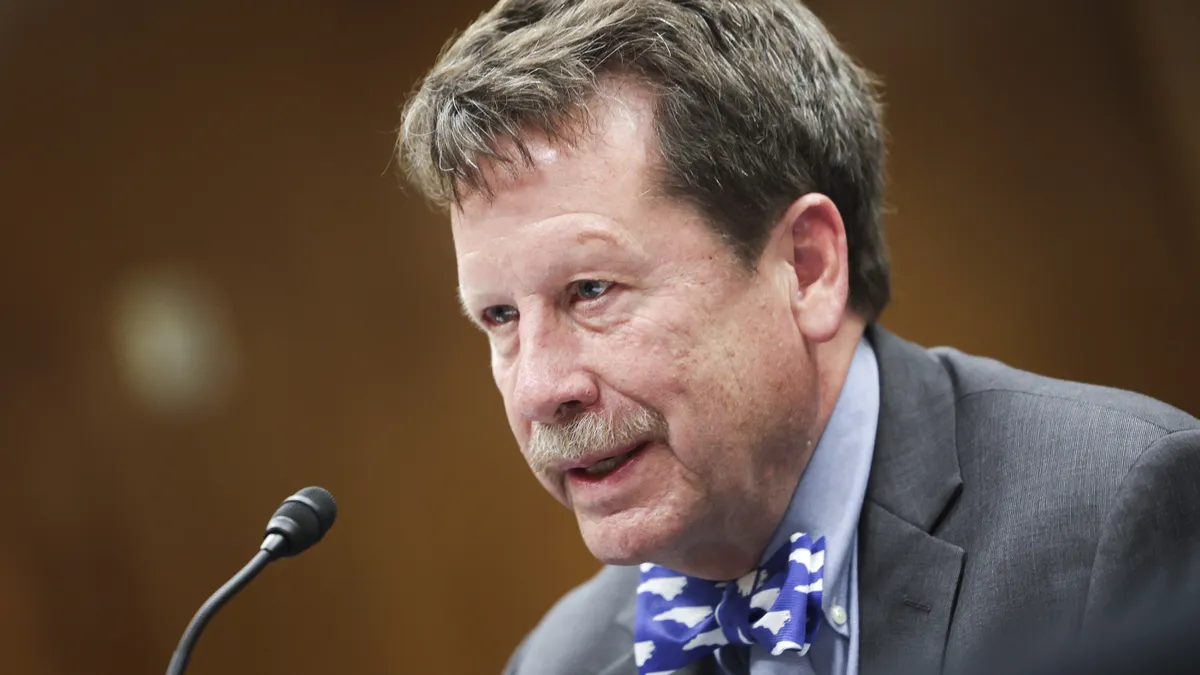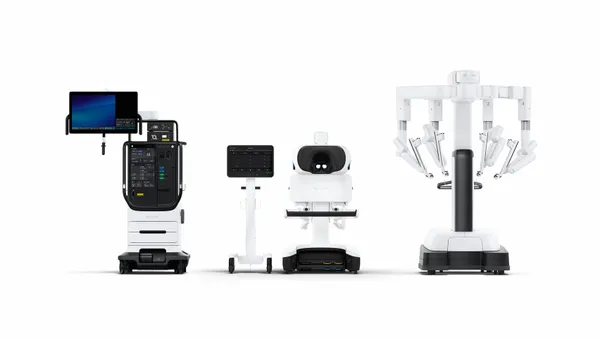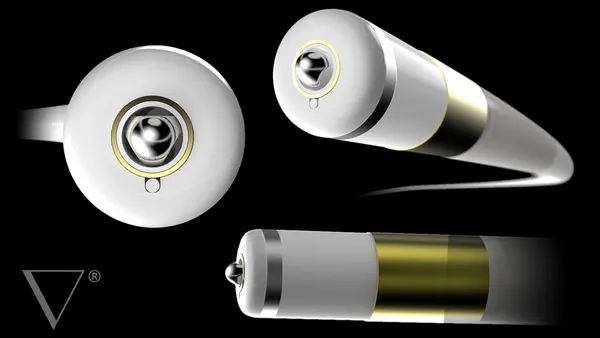Medtech lobbyists praised Congress’ last-minute passage of the Medical Device User Fee Amendments (MDUFA), which will provide the Food and Drug Administration between $1.78 billion and $1.9 billion over the next five years to fund its review of medical devices.
Groups including AdvaMed, the Medical Imaging & Technology Alliance and the Medical Device Manufacturers Association said the agreement would support innovation in healthcare and patient access to new technologies, although several reforms were pulled from the bill in an effort to pass it on time.
“The bipartisan passage of this historic five-year agreement sets the stage for a new era of innovation in health care, ensuring greater predictability, consistency, accountability, and communication between FDA and the medtech innovators who are changing the way patients seek and receive life-saving care,” AdvaMed CEO Scott Whitaker said in an emailed statement.
The legislative package passed on Friday as part of a continuing resolution to avoid a government shutdown. The deadline for Congress to reauthorize the FDA’s user fee programs was also on Friday, meaning the agency narrowly avoided furloughs.
In a letter to agency staff, FDA Commissioner Robert Califf thanked employees whose work was funded by the user fees for carrying on despite the uncertainty.
“It has been a prolonged, demanding, and at times, frustrating process,” he wrote, adding that the FDA needs to focus on improving the health of Americans now that its funding is secure for another five years.
According to Califf, the agreement will provide the regulator with funding to support review performance, program improvements, hiring and retention as well as financial transparency.
“While the user fee reauthorization package passed by Congress did not include additional policy changes that we believe would benefit public health, we remain committed to working with Congress on these policies,” Califf added.
Some of the amendments that didn’t make it into the final version of the bill include cybersecurity and clinical trial diversity requirements proposed by the House, and an overhaul of how diagnostics are regulated proposed by the Senate. Legislators hope to bring those back into play in an end-of-the-year funding bill.
Speaking on the House floor on Friday, Energy and Commerce Committee Chairman Frank Pallone, D-NJ, said that the House had passed a bipartisan bill even as talks hit a roadblock in the Senate, with Senate Minority Leader Mitch McConnell threatening to hold up government funding if the FDA reforms were included in the continuing resolution.
“While I am pleased that we are reauthorizing user fees, which will prevent layoffs at the agency and allow FDA to continue its mission, I will continue pushing for the widely supported improvements at the agency,” Pallone said, adding that he had secured commitments from leaders of the Senate Committee on Health, Education, Labor and Pensions (HELP) to complete a package of reforms before government funding expires in December.














